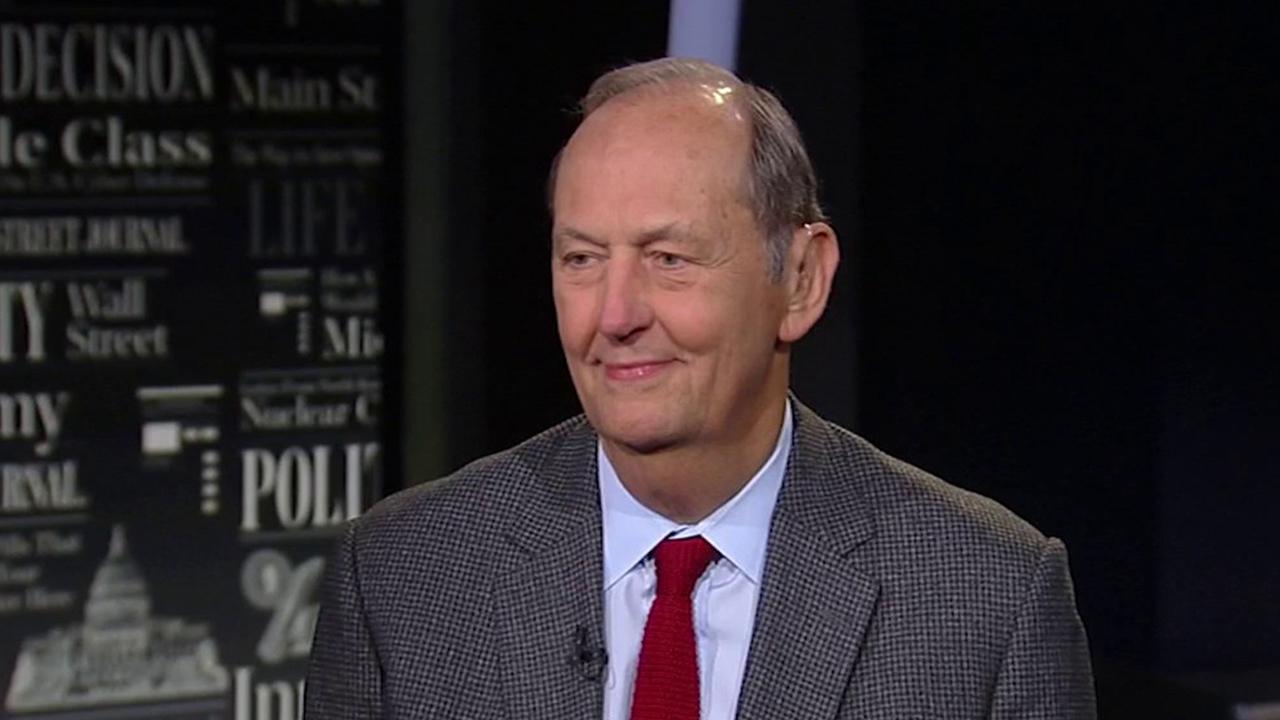Bloomberg unveils $5T tax plan targeting wealthy and corporations: ‘Americans like me will pay more’
The new tax proposal would almost certainly raise Bloomberg's tax bill
Democratic presidential candidate and billionaire Michael Bloomberg unveiled a tax plan this weekend that would raise an estimated $5 trillion in revenue from new levies on corporations and wealthy Americans, becoming the latest 2020 contender to call for expansive hikes on the rich.
Like his rivals, Bloomberg would also reverse President Trump’s 2017 Tax Cuts and Jobs Act, pushing back the top rate on high earners to 39.6 percent, where it sat before Republicans reduced it to 37 percent. He would also toughen the estate tax.
The former New York City mayor, one of the richest people in the world, introduced a slew of tax increases, many of which would almost certainly raise his own tax bill. That includes a 5 percent tax on incomes over $5 million a year. Bloomberg is worth an estimated $60.2 billion, according to Forbes.
GET FOX BUSINESS ON THE GO BY CLICKING HERE
Bloomberg also wants to tax capital gains at the same rate as ordinary income for individuals who are worth more than $1 million. On businesses, he would hike the corporate tax rate to 28 percent, up from the current 21 percent, but still falling short of the 35 percent rate where it sat during the Obama administration. He would tighten the tax code in order to close loopholes, such as the pass-through 20 percent deduction that allows rich taxpayers to pay less and the like-kind provision that allows real estate investors to defer tax payments indefinitely.
Money generated from the plan, which his campaign said would impact less than 0.1 percent of taxpayers, would fund several of his initiatives, including his health care, education, climate change and $1 trillion infrastructure plans.
“Those investments require new revenue - and a fairer, more progressive tax system that asks wealthy Americans like me to pay more,” Bloomberg said in a statement.
SANDERS, BUTTIGIEG ARE WINNING THE 2020 CAMPAIGN FUNDRAISING RACE
“The plan I am releasing today raises rates on wealthy individuals and corporations, closes loopholes, cracks down on tax avoidance, expands the estate tax, and reduces the tax advantages that investors have over workers. And, most importantly, my plan is achievable,” he added, a seeming criticism of the sweeping wealth taxes introduced by progressive rivals Sen. Bernie Sanders and Elizabeth Warren.
Warren’s plan, which she rolled out last January, would impose a 2 percent tax on individuals with a net worth above $50 million and a 6 percent tax on those worth more than $1 billion. Sanders released a competing wealth tax plan in mid-September, with levies ranging from 1 percent on married couples with a net worth above $32 million to an 8 percent tax on wealth over $10 billion.
BLOOMBERG POURED $188M INTO HIS 2020 CAMPAIGN IN LESS THAN 2 MONTHS
According to an aggregate of national polls by RealClearPolitics, Bloomberg is in fourth place, behind former Vice President Joe Biden, Sanders and Warren, respectively.
He is not participating in the Iowa caucuses on Monday and won't be on the ballots of other early-voting states, including New Hampshire, South Carolina and Nevada. And instead of accepting donations, he’s using his own fortune to power his unorthodox campaign, which has previously prevented him from participating in the Democratic debates.
Last week, however, the Democratic National Committee overhauled the debate rules, dropping the requirement for candidates to obtain a certain number of unique donors to qualify for the Feb. 19 debate in Las Vegas and opening the door for Bloomberg’s participation on the stage.
That decision was promptly met with anger from other candidates; Sanders' campaign argued that it was evidence the party seems to favor some candidates over others.
“To now change the rules in the middle of the game to accommodate Mike Bloomberg, who is trying to buy his way into the Democratic nomination, is wrong,” Jeff Weaver, a senior adviser to Sanders, told Politico. “That’s the definition of a rigged system.”




















